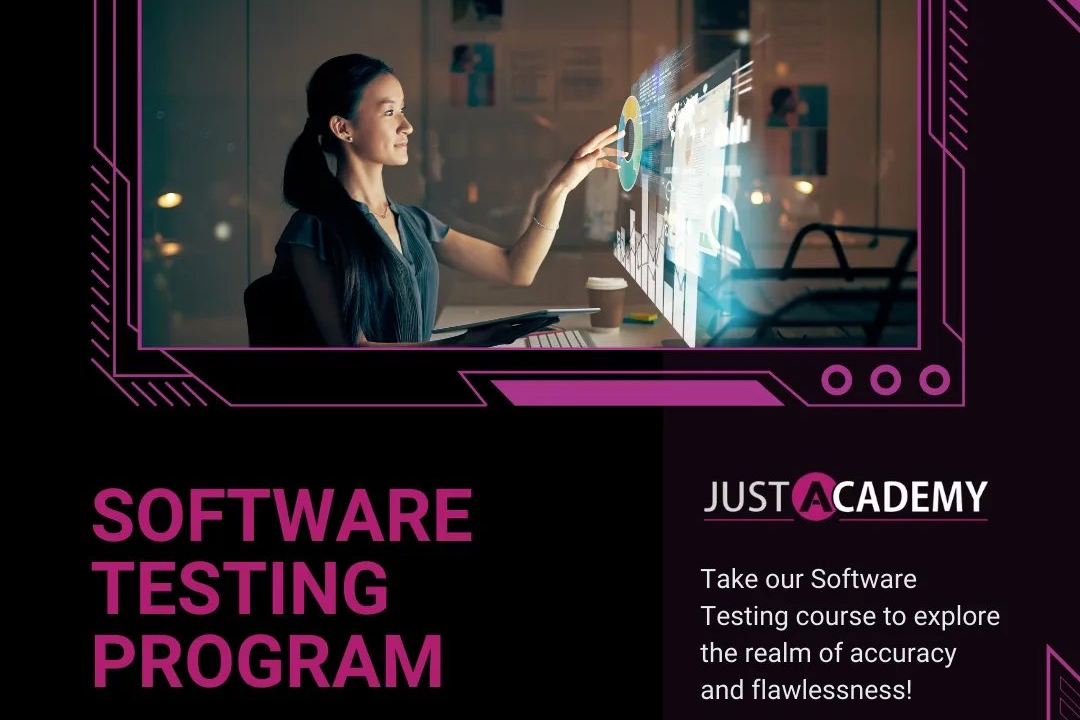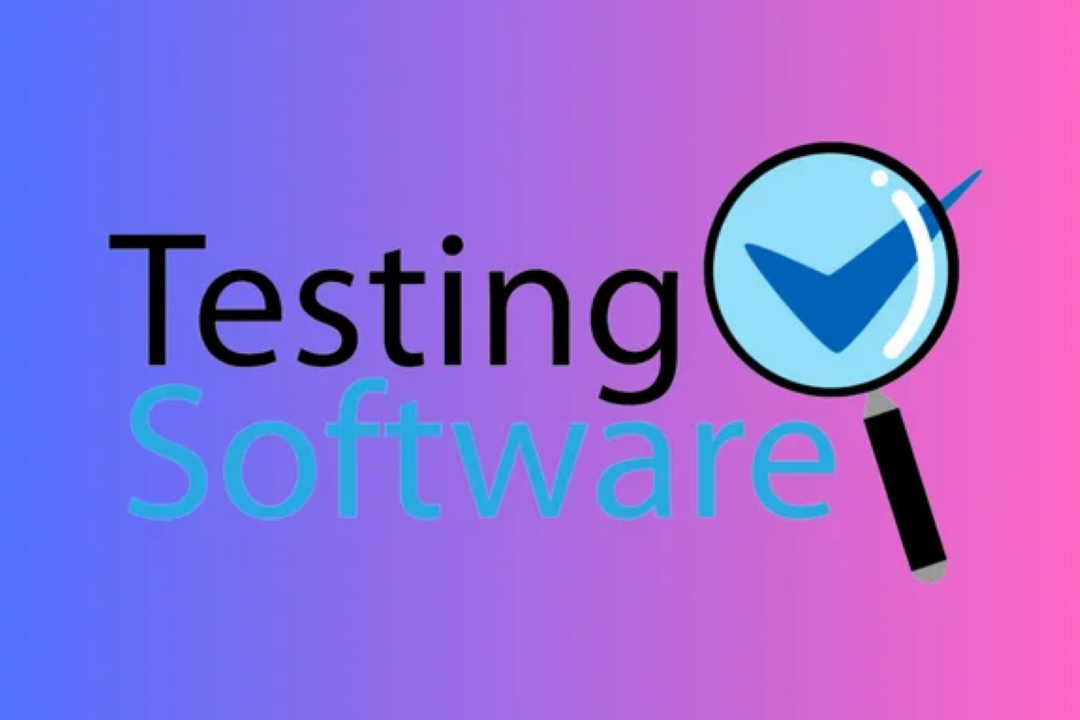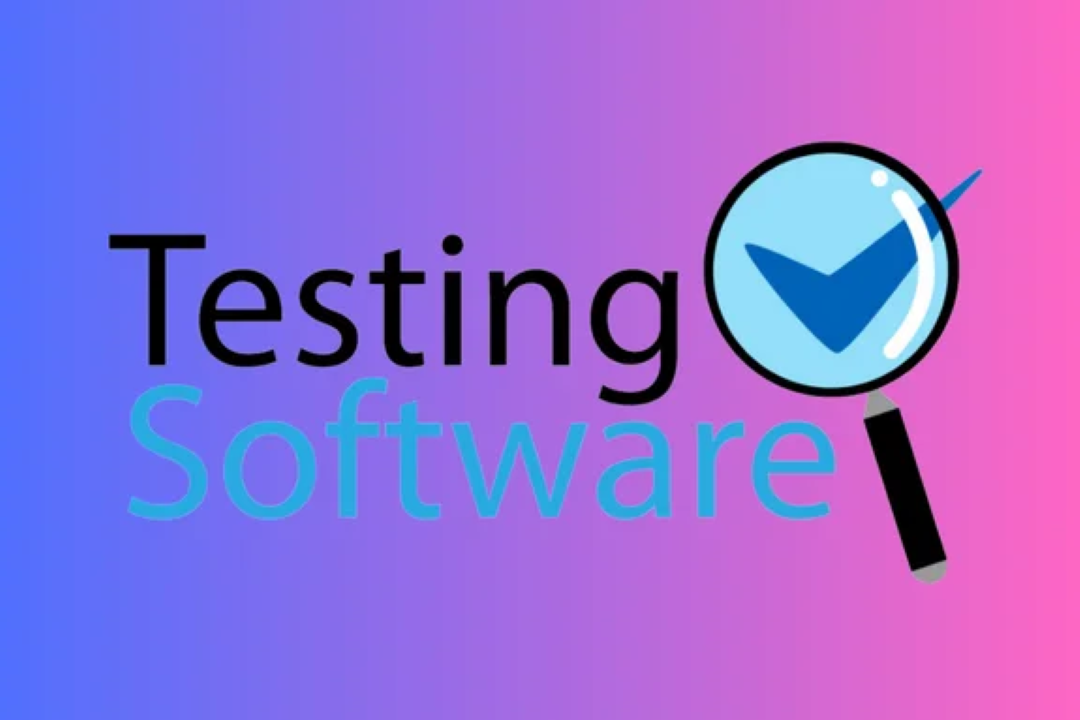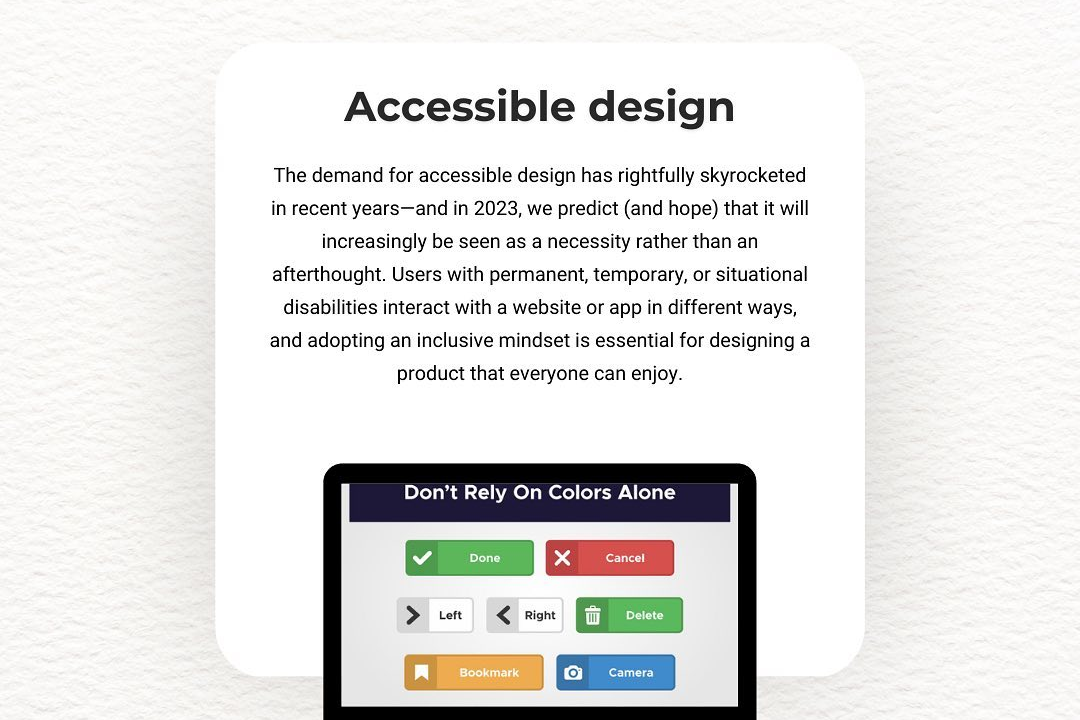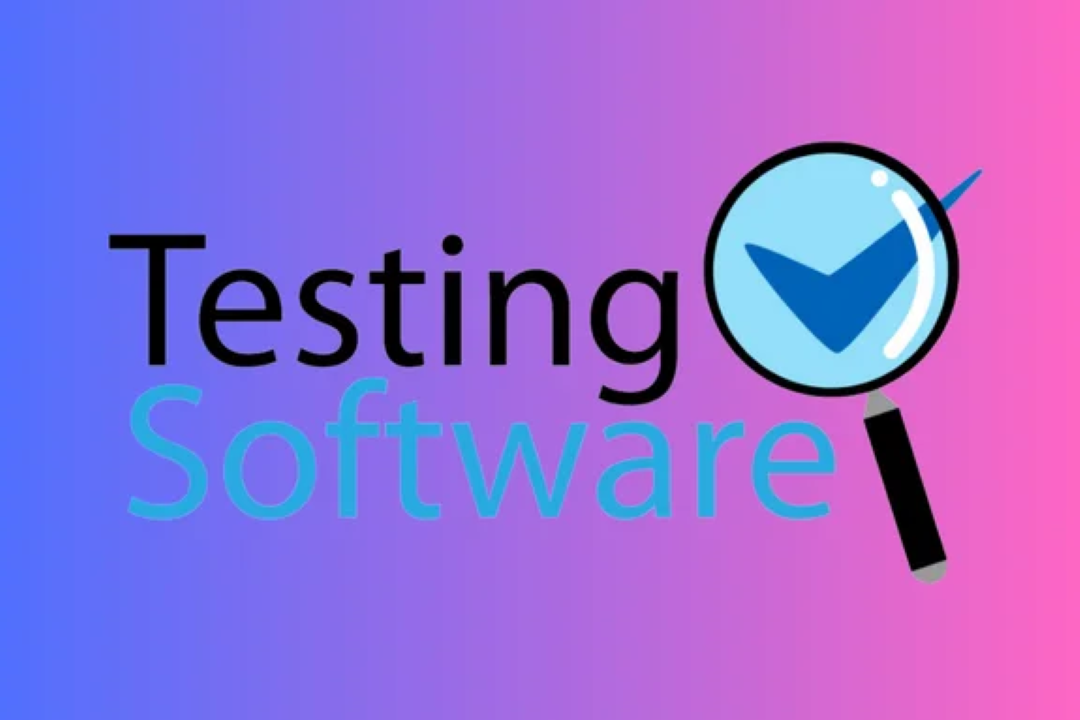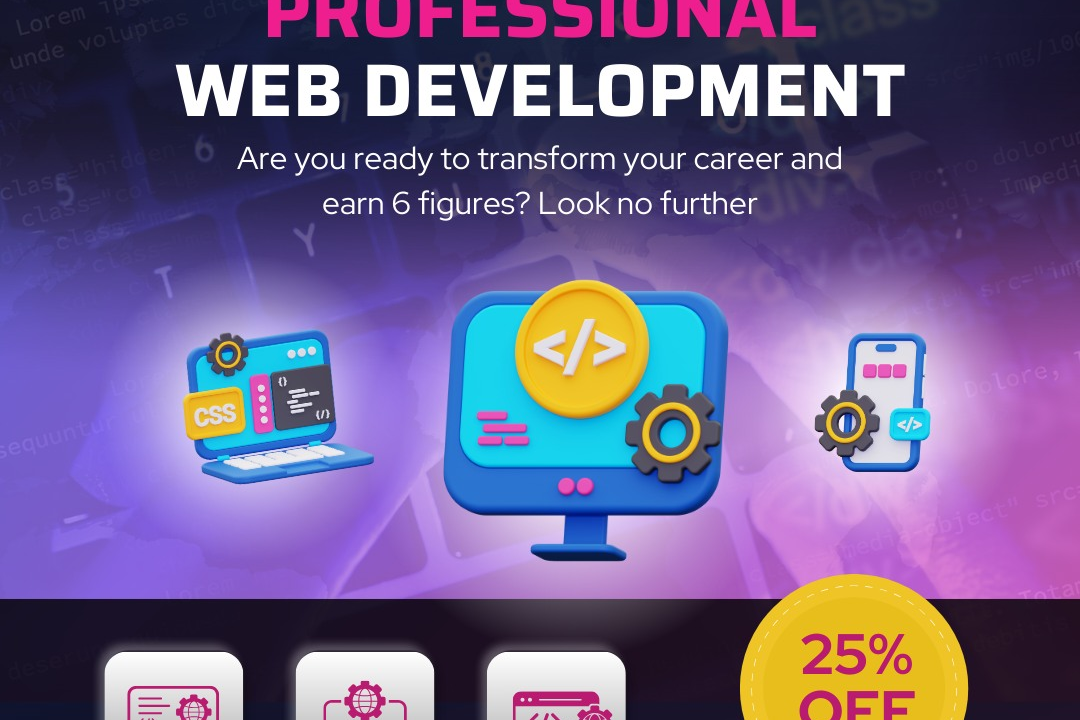C# Selenium Interview Questions
C# Selenium interview questions focus on assessing a candidate's understanding and expertise in usin
C# Selenium Interview Questions
C# Selenium interview questions are essential for evaluating a candidate's proficiency in automated testing using the Selenium framework in conjunction with the C# programming language. Given the growing importance of test automation in software development, these questions help interviewers gauge a candidate's ability to create, execute, and maintain automated test scripts effectively. They cover a variety of topics, including handling web elements, implementing test frameworks, and managing different testing scenarios. Mastery of C# Selenium is invaluable for ensuring the quality and reliability of software applications, making these questions pivotal in identifying candidates who can contribute to an organization's quality assurance processes.
To Download Our Brochure: https://www.justacademy.co/download-brochure-for-free
Message us for more information: +91 9987184296
C# Selenium interview questions are essential for evaluating a candidate's proficiency in automated testing using the Selenium framework in conjunction with the C# programming language. Given the growing importance of test automation in software development, these questions help interviewers gauge a candidate's ability to create, execute, and maintain automated test scripts effectively. They cover a variety of topics, including handling web elements, implementing test frameworks, and managing different testing scenarios. Mastery of C# Selenium is invaluable for ensuring the quality and reliability of software applications, making these questions pivotal in identifying candidates who can contribute to an organization's quality assurance processes.
Course Overview
The “C# Selenium Interview Questions” course offers a comprehensive exploration of essential topics to prepare candidates for interviews in automation testing using C#. This course covers a wide array of crucial interview questions and answers, focusing on best practices in utilizing the Selenium framework for automated web testing. Participants will gain practical insights into handling web elements, writing efficient test scripts, and implementing various testing techniques. By engaging in real-time scenarios and projects, learners will enhance their understanding of C# and Selenium integration, equipping them with the skills required to excel in technical interviews and impress potential employers in the field of software testing and quality assurance.
Course Description
The “C# Selenium Interview Questions” course is designed to equip aspiring testers and developers with the knowledge and skills needed to excel in job interviews focused on automation testing. This course covers a comprehensive range of interview questions related to the C# programming language and the Selenium framework, including topics such as test case design, handling web elements, and executing automated tests. With a focus on real-time projects, participants will gain practical experience and learn best practices to effectively demonstrate their expertise in automation during interviews. Join us to build your confidence and enhance your employability in the competitive field of software testing.
Key Features
1 - Comprehensive Tool Coverage: Provides hands-on training with a range of industry-standard testing tools, including Selenium, JIRA, LoadRunner, and TestRail.
2) Practical Exercises: Features real-world exercises and case studies to apply tools in various testing scenarios.
3) Interactive Learning: Includes interactive sessions with industry experts for personalized feedback and guidance.
4) Detailed Tutorials: Offers extensive tutorials and documentation on tool functionalities and best practices.
5) Advanced Techniques: Covers both fundamental and advanced techniques for using testing tools effectively.
6) Data Visualization: Integrates tools for visualizing test metrics and results, enhancing data interpretation and decision-making.
7) Tool Integration: Teaches how to integrate testing tools into the software development lifecycle for streamlined workflows.
8) Project-Based Learning: Focuses on project-based learning to build practical skills and create a portfolio of completed tasks.
9) Career Support: Provides resources and support for applying learned skills to real-world job scenarios, including resume building and interview preparation.
10) Up-to-Date Content: Ensures that course materials reflect the latest industry standards and tool updates.
Benefits of taking our course
Functional Tools
1 - Selenium WebDriver
Selenium WebDriver is the core component of the Selenium suite, used for automating web applications for testing purposes. It provides a programming interface to create and execute test cases in various programming languages, including C#. Students will learn how to utilize WebDriver to simulate user interactions with web applications, examining elements on a web page, and verifying outcomes. This tool is essential for integrating automated tests into development cycles, enabling users to consistently validate application functionality.
2) Visual Studio
Visual Studio is a powerful integrated development environment (IDE) that students will use to write, debug, and manage their C# Selenium projects. Offering extensive features such as IntelliSense, debugging tools, and project management capabilities, Visual Studio allows learners to efficiently develop their automation scripts. Familiarity with this IDE will enhance their productivity and coding confidence, as they can navigate through tools and libraries easily, integrating various frameworks for robust test automation.
3) NUnit
NUnit is a testing framework specifically for .NET applications that students will use to execute unit tests on their Selenium scripts. With NUnit, users can write test cases in a structured manner and make use of attributes to define test fixtures and assertions. Through this framework, learners will gain insights into structuring their test cases, running tests, and analyzing results to ensure optimal coverage and reliability of their automated tests.
4) SpecFlow
SpecFlow is a popular Behavior Driven Development (BDD) framework for .NET that allows students to write human readable test cases. This tool enhances collaboration between technical and non technical stakeholders by enabling them to define expected behaviors in plain language. Students will learn how to use SpecFlow to convert high level requirements into executable tests, fostering a deeper understanding of the application behavior and ensuring that automated tests align with user needs and business objectives.
5) Moq
Moq is a mocking framework for .NET used in unit testing to create fake objects that simulate the behavior of complex systems. In the course, students will discover how to leverage Moq to isolate components, control dependencies, and enhance test performance. By using this framework, learners can focus on testing specific units of code without being dependent on their external environments, leading to more precise and efficient testing scenarios.
6) Postman
Postman is an API testing tool that students will utilize to test web service APIs that are often integrated with automated tests. Understanding how to work with APIs is vital for modern application testing, and Postman provides an intuitive interface for sending requests, analyzing responses, and validating data. Through practical exercises, students will gain skills in leveraging APIs alongside Selenium tests, allowing them to ensure that both the frontend and backend of their applications function correctly.
7) Git and GitHub
Git is a version control system that allows students to manage and track changes to their codebase effectively, while GitHub serves as a collaborative platform for hosting and sharing projects. In this course, learners will become proficient in using Git commands to create branches, commit changes, and resolve merge conflicts. Understanding version control practices is crucial for team collaboration, and students will gain insights into best practices for collaborative development, ensuring seamless integration of their automated testing solutions.
8) Continuous Integration/Continuous Deployment (CI/CD)
Continuous Integration and Continuous Deployment (CI/CD) practices are essential in modern software development. Students will learn how to integrate automated testing—using Selenium with tools like Jenkins, GitHub Actions, or Azure DevOps—into their CI/CD pipelines. This knowledge will equip learners to ensure that their code is automatically tested and deployed whenever changes are made, facilitating faster delivery and higher software quality.
9) Test Driven Development (TDD)
Test Driven Development (TDD) is a software development approach that emphasizes writing tests before coding the features. In this course, students will understand the TDD cycle of “Red Green Refactor” and how to apply it effectively with Selenium and C#. This methodology encourages developers to think critically about requirements and design, leading to more robust and maintainable code.
10) Page Object Model (POM)
The Page Object Model is a design pattern that promotes better test organization and maintenance. Students will learn how to implement POM in their Selenium projects to enhance code reusability and readability. By separating the test logic from the structure of the web pages, learners will create a cleaner and more scalable automation framework, making it easier to update tests when application changes occur.
11 - Error Handling and Debugging
Mastering effective error handling and debugging techniques is vital for any automation engineer. This course will cover strategies for identifying issues in Selenium scripts, using debugging tools in Visual Studio, and implementing error handling practices to manage exceptions gracefully. Students will learn how to generate meaningful error logs, which will help in resolving issues quickly and maintaining script reliability.
12) Cross Browser Testing
Ensuring that web applications perform consistently across different browsers is critical. Students will explore tools and strategies for executing cross browser testing using Selenium. They will learn how to set up tests for various browsers and devices, allowing them to validate that their applications provide a seamless user experience, regardless of the platform.
13) Performance Testing Basics
While Selenium primarily focuses on functional testing, understanding the basics of performance testing will be beneficial for students. They will learn about performance testing tools like JMeter or LoadRunner and how to integrate these with their automation strategies. This knowledge will enable learners to assess how well applications perform under load and identify potential bottlenecks.
14) API Testing with Selenium
As web applications often rely on APIs, this course will also touch on how to integrate API testing into Selenium automated tests. Students will learn how to validate API responses within their automation framework, ensuring that both the front end and back end work together harmoniously. This holistic approach will allow learners to become proficient in end to end testing scenarios.
15) Creating Test Reports
Effective reporting is key to understanding test outcomes and communicating results to stakeholders. Students will discover how to generate detailed test reports using tools like ExtentReports or Allure, which provide insights into test execution, pass/fail rates, and detailed logs. Comprehensive reporting will enhance the visibility of testing efforts and facilitate better decision making based on the results.
16) Collaboration Tools
Understanding how to integrate collaboration tools such as Slack, Trello, or Asana within the testing workflow will be covered. These tools help teams communicate effectively and keep track of testing progress. Students will learn how to create a collaborative environment where all team members can contribute to the automation process, from planning through test execution.
17) Real Time Projects
Incorporating real time projects into the curriculum is essential to bridging the gap between theory and practice. Students will work on live projects that mimic industry scenarios, applying their learned skills in real world contexts. This hands on experience will not only deepen their understanding but also equip them with a portfolio to showcase to potential employers.
18) Industry Best Practices
The course will emphasize industry best practices in test automation, including coding standards, naming conventions, and continuous improvement techniques. Students will benefit from learning how to create maintainable and scalable automation frameworks that align with professional standards, ensuring that they can contribute effectively to modern software development environments.
These additional points will provide a comprehensive curriculum that equips students with a robust set of skills and knowledge in Selenium and test automation using C#.
Browse our course links : https://www.justacademy.co/all-courses
To Join our FREE DEMO Session:
This information is sourced from JustAcademy
Contact Info:
Roshan Chaturvedi
Message us on Whatsapp: +91 9987184296
Email id: info@justacademy.co
Top-rated online node js training course with placement guarantee
Shape Like Flutter In React Native

